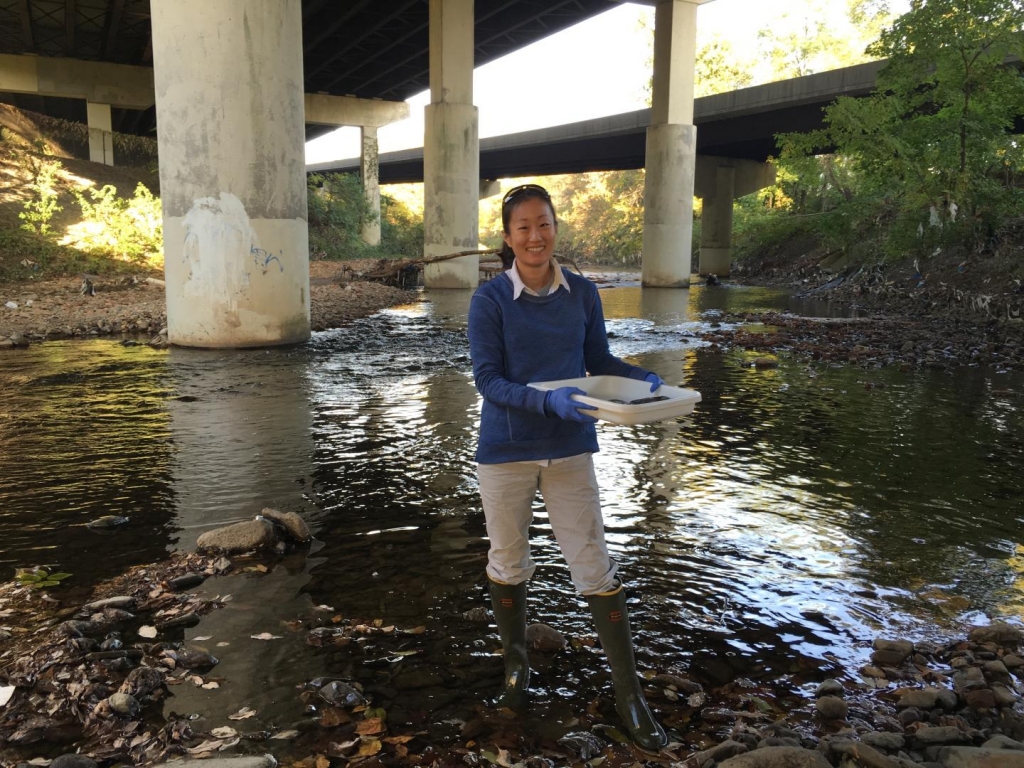-
Tips for becoming a good boxer - November 6, 2020
-
7 expert tips for making your hens night a memorable one - November 6, 2020
-
5 reasons to host your Christmas party on a cruise boat - November 6, 2020
-
What to do when you’re charged with a crime - November 6, 2020
-
Should you get one or multiple dogs? Here’s all you need to know - November 3, 2020
-
A Guide: How to Build Your Very Own Magic Mirror - February 14, 2019
-
Our Top Inspirational Baseball Stars - November 24, 2018
-
Five Tech Tools That Will Help You Turn Your Blog into a Business - November 24, 2018
-
How to Indulge on Vacation without Expanding Your Waist - November 9, 2018
-
5 Strategies for Businesses to Appeal to Today’s Increasingly Mobile-Crazed Customers - November 9, 2018
Advanced milk-based packaging introduced in US
Researchers from the US Department of Agriculture will present the packaging, which is made from milk protein casein, later today (22 August), at the 252nd national meeting of the American Chemical Society.
Advertisement
Production of conventional plastic packaging now used by the majority of global food manufacturers requires the use of fossil resources.
The casein-based films, which are biodegradable, sustainable and edible, can effectively keep oxygen away from food compared to plastics.
This milk-based packaging has smaller pores and is therefore much more effective at keeping oxygen out.
Edible packaging made of starch is already on the market, but it is relatively porous and does not block oxygen from reaching the food as effectively. The first experiments with casein resulted in a hard-to-handle material, which, although an efficient oxygen blocker, was dissolving in water way too fast. Perhaps they can make the milk protein wrap taste of ham.
Nutritious additives such as vitamins, probiotics and nutraceuticals, or flavourings, could also be added to the edible clingfilm.
“We are now testing applications such as single-serve edible food wrappers”, said Laetitia Bonnaillie, co-leader of the study. Some improvements were subsequently made by incorporating citrus pectin into the blend to make the packaging even stronger, as well as more resistant to humidity and high temperatures. Most foods such as meats, breads, cheeses and snacks come wrapped in plastic packaging. Adding flavourings to the now tasteless film should also be possible.
The final product, which is now being tested in cooperation with a Texas-based company, looks very similar to traditional plastic wrappers. Currently, cereals remain crunchy thanks to a coating of sugar but the team believes the casein-based film could provide a healthier alternative.
The spray also could line pizza or other food boxes to keep the grease from staining the packaging. The U.S. Food & Drug Administration recently banned the perfluorinated substances that used to coat these containers, so casein coatings could be a safe, biodegradable alternative.
Advertisement
Co-leader of the study, professor Laetitia Bonnaillie says prototype film samples are being made for a small Texas-based company and there is possible interest from other companies as well. The group predicted the new casein packaging could be on store shelves within three years.





























